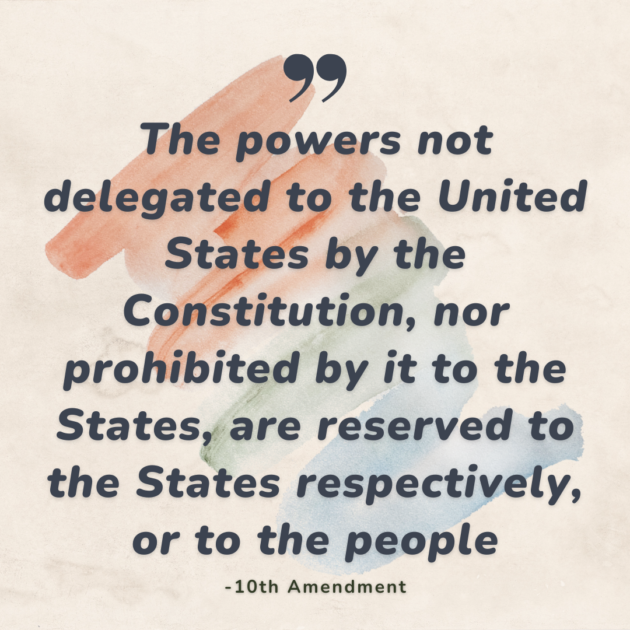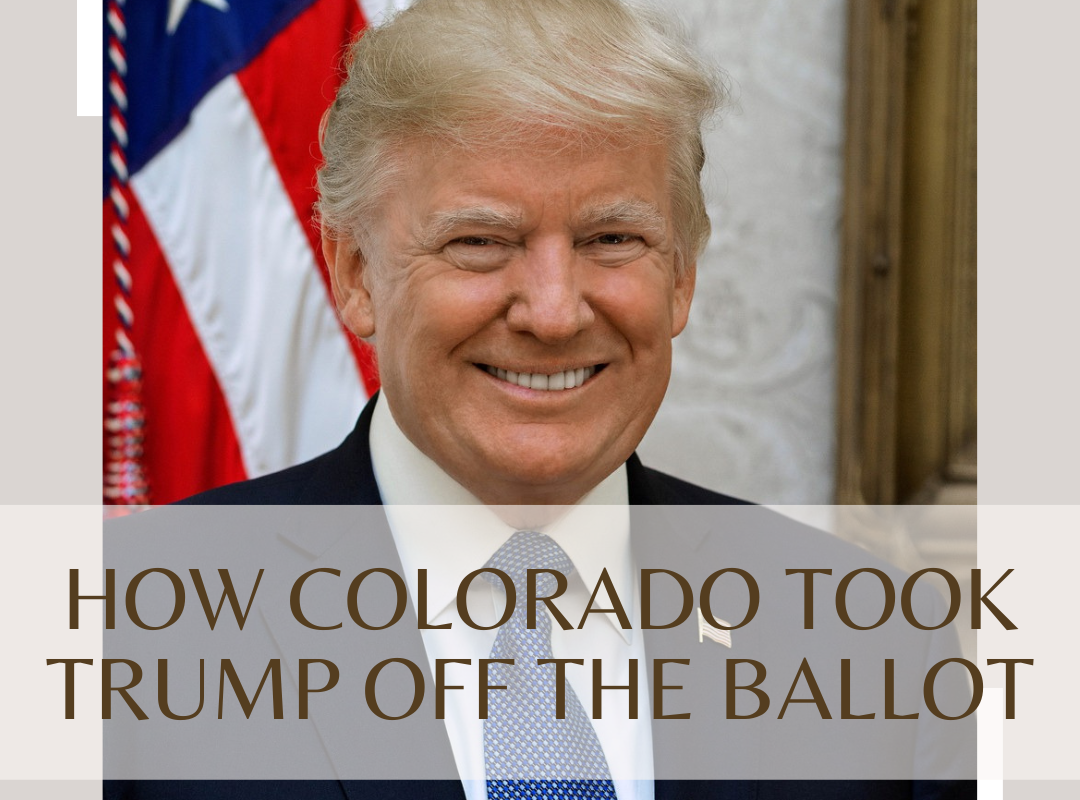Earlier this month, the Supreme Court agreed to hear a case concerning the removal of former president and Republican candidate, Donald Trump, from the Colorado ballot. Many including Trump have called the move a violation of the democratic process. However, the former president is not the first to be removed from a presidential ballot.
During the 2020 election, one-time candidate for the Birthday Party, Kanye West, was removed from the ballot in multiple states. Both Arizona and Virginia upheld challenges to this ruling, and West was ultimately not included on their ballots.
In each respective circumstance, the states found various reasons to keep the candidates off the ballots. Colorado specifically cited Section 3 of the 14th Amendment in their decision to disqualify Trump.
Section 3 states that no elected official having previously taken an oath to support the Constitution may qualify for an elected position after being found to have “engaged in insurrection or rebellion.”
While Trump has not formally received a sentence for his involvement in the Jan. 6, 2021 insurrection at the Capitol, he has been charged with a number of crimes relating to the attack. The same charges were cited in a Colorado judge’s decision to uphold the verdict of disqualification.

The decision is additionally supported by the 10th Amendment to the Constitution which establishes supreme and reserve powers of the federal government and the states.
One such reserve (state-held) power is the right to institute, hold and carry out elections as the state sees fit. Generally, most states have the same or similar rules. Some differences can be as small and mundane as the dates for absentee ballots, while others can be as dramatic as the 2022 midterm change in which Arizona allowed armed guards outside of polls.
At this time it is unclear how the Supreme Court will rule in this case. However, conservative justice Neil Gorsuch once upheld another Colorado exclusion for a presidential candidate who was removed from the ballot because he did not meet the substantive requirement of birthright citizenship.
At the time Justice Gorsuch was a judge for the Tenth Circuit Court of Appeals. The incumbent President Obama later won, defeating Senator Mitt Romney in the 2012 general election.
It is plausible that Gorsuch and his colleagues may side with the state’s right to deny a candidate from the ballot, again citing regard for the sanctity of reserve powers. It is also possible that Justice Gorsuch may cite parts of his own ruling in the appeals case, in the new opinion.
However, there is no guarantee how SCOTUS will rule in this case. Oral arguments are set to begin on Feb. 8. The case, Trump v Anderson, will hopefully receive a ruling in late June or early July before the court recesses for the summer.
Other states have also faced challenges concerning Trump’s place on the ballot. In Maine, the Secretary of State upheld their challenge to the former president’s removal from primary ballots. At this time, two states have voted to disqualify, while seven others have upheld his place on the ballot.


